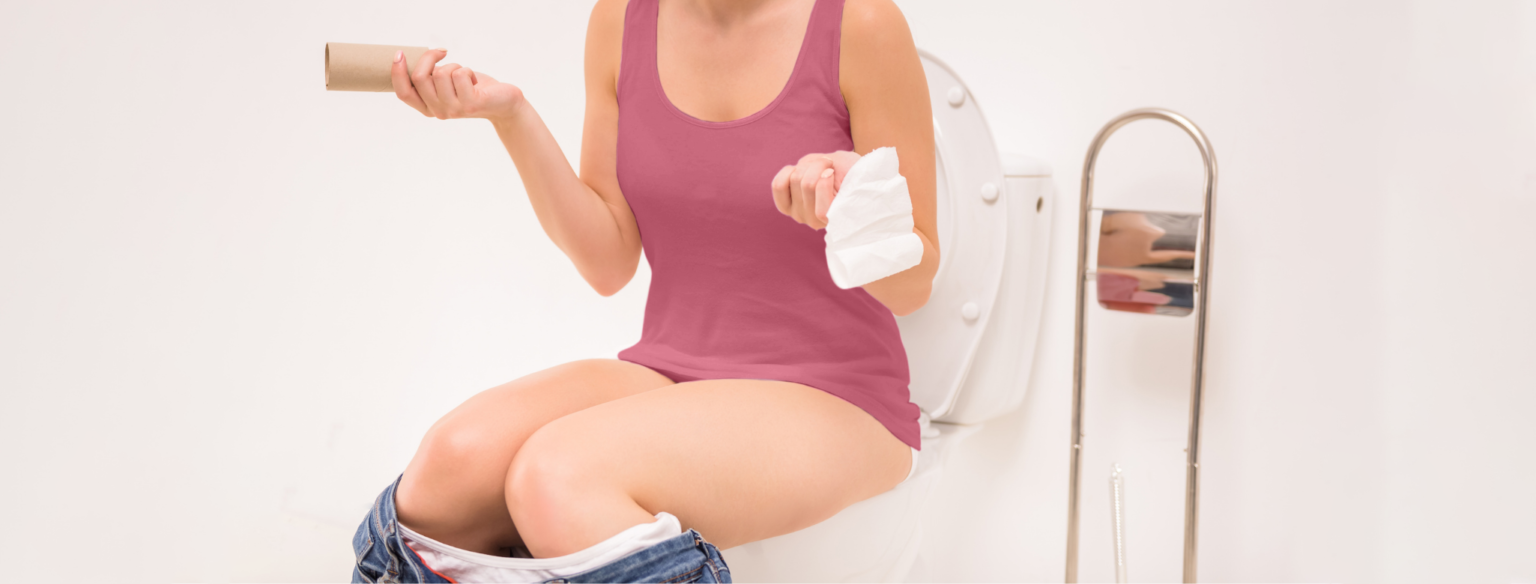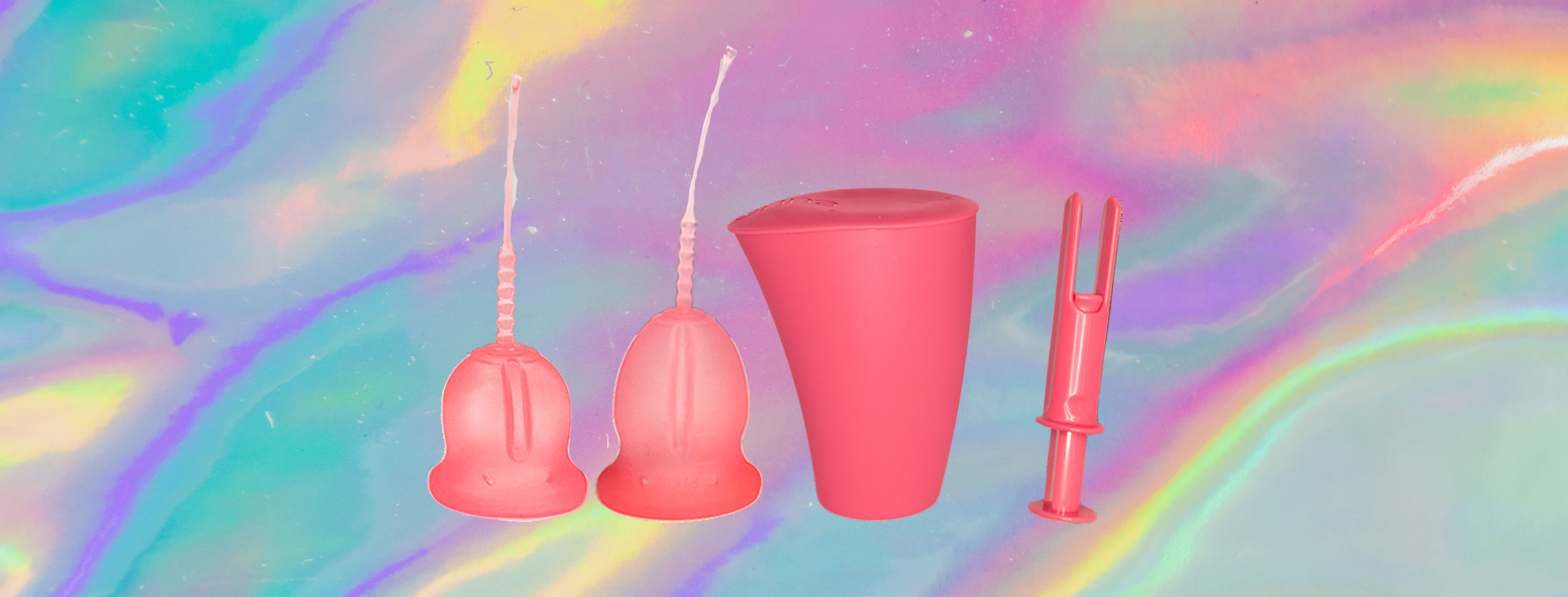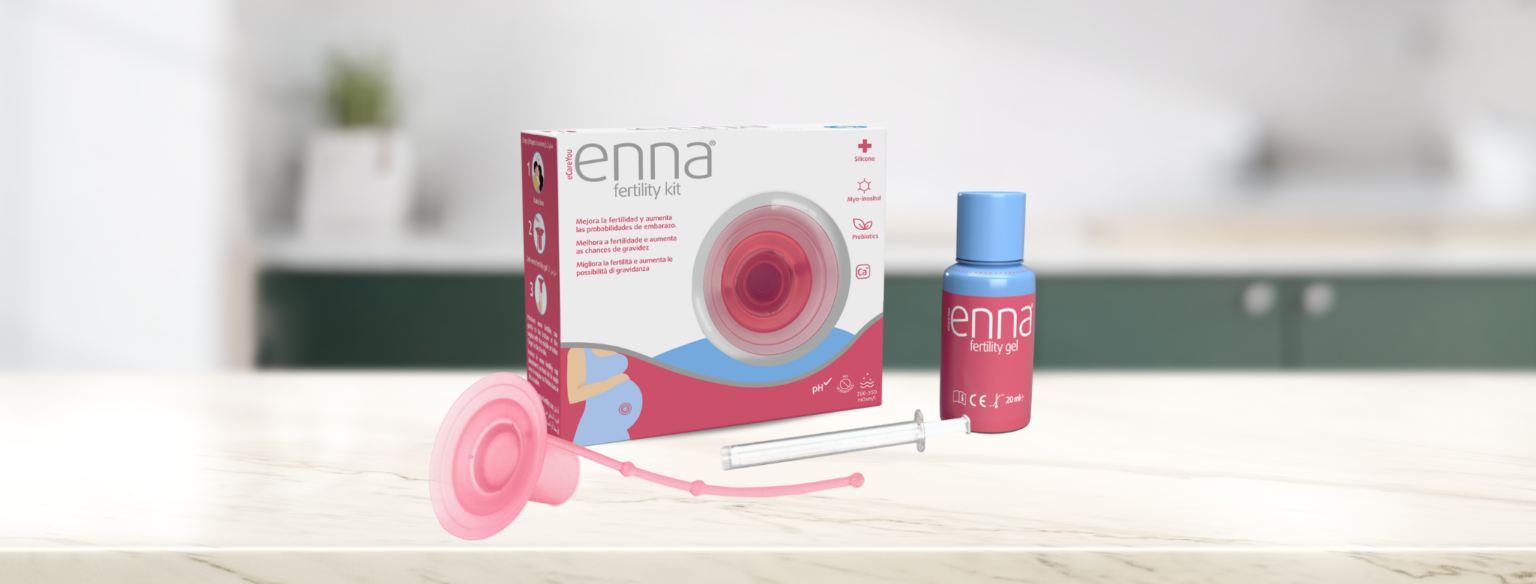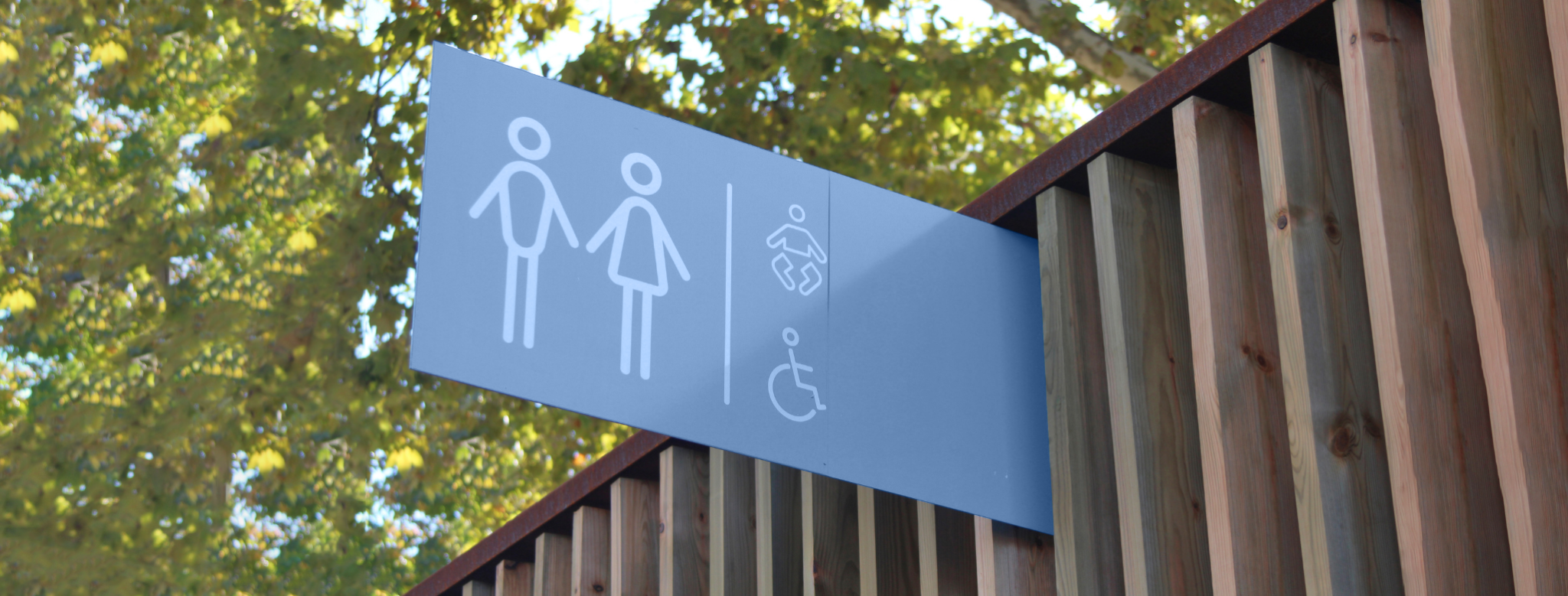Urinary incontinence is full of myths. Many of you will surely have heard on multiple occasions that Kegel exercises and/or Chinese balls are best for combatting urinary incontinence, that going to the bathroom more often will help with urine leaks, or that stopping your flow mid-pee will help strengthen the pelvic floor muscles… But what is true in all of this?
In today’s post we will break down some of the myths about urinary incontinence.
- UI only affects older men or women. FALSE.
Although it is true that the incidence is higher in women than in men, UI affects millions of people around the world, from children to elderly people.
Hormonal changes, pregnancies and giving birth are very significant risk factors for women; but let’s not forget that there are other causes of UI such as neurological disorders, being overweight, pelvic surgery (prostatectomies, hysterectomies, etc.), cognitive impairment or chronic constipation which mean that people can suffer from UI at any stage of their life.
- Kegel exercises and/or Chinese balls are always a solution. FALSE.
Kegel exercises and Chinese balls or pelvic spheres are very helpful in strengthening and activating our pelvic floor, but it wouldn’t be right to say these are always the solution or the only solution. As there are different types of UI and not all are linked to a weakness of our perineal muscles, it is very important that we see a urologist or a physiotherapist who specializes in the pelvic floor who will help us diagnose the cause of our leaks and draw up a personalized treatment plan.
- The most effective treatment is surgery. FALSE.
Not all forms of UI can be corrected with surgery and not all kinds of UI are resolved with rehabilitation; the key to success lies in making an accurate diagnosis with a multidisciplinary approach which combines the use of various medical and/or rehabilitative techniques, as well as surgical methods for more severe cases.
- Train your sphincters by stopping your flow mid-pee. FALSE.
For some time, people with UI were recommended to stop the flow when urinating in order to learn how to strengthen the pelvic floor muscles. However, today we know that this practice is definitely not advised because it may give rise to urine infections and voiding dysfunctions, altering the physiological course of urination.
- Don’t hold it in for too long and go to the toilet more often.
Many people justify their urine leaks by saying that they hold their pee for too long; and although it’s true that resisting the need to go to the toilet for long periods is not advised at all, going too often is not recommended either.
During the filling phase, the bladder sends physiological signals to our brain to tell us when we have to go to the bathroom, so getting in the way of these desires to go to the toilet results in the filling capacity of the bladder gradually being reduced and the detrusor (bladder muscle) getting weaker when the bladder is emptied. We must also stress that even though we initially see a reduction in leaks, this is not a solution for UI.
- Reducing your fluid intake will help prevent UI.
If we significantly cut down on our fluid intake, we may cause the opposite effect, meaning we have to urinate more often. When we don’t drink enough, urine is more concentrated and this encourages bacteria to grow inside the vagina, therefore causing it to become irritated and meaning that we have to go to the bathroom more often.
- Cut down on physical activity to stop urine leaks. FALSE.
Although some impact sports put our pelvic floor at a certain degree of risk, people who do regular physical exercise tend to have better muscle tone (including the abdomen and pelvic floor), and a healthier lifestyle.
- Physiotherapy is very useful in preventing and treating UI. TRUE.
Pelvic floor physiotherapy boasts numerous tools which may help us improve our quality of life, not only with regard to treating urinary incontinence, but other very common conditions too, such as pelvic pain, prolapses, bowel incontinence, etc.
- A healthy lifestyle can prevent UI. TRUE.
Although it sounds like a cliché, adopting healthy habits will help us minimize the risk of suffering from UI (as well as many other conditions). Doing regular physical exercise, eating a balanced diet, being a non-smoker and avoiding alcohol will help us reduce risk factors such as obesity, chronic constipation, inactive ways of life, etc.
- Removing the social stigma attached to UI will help minimize the incidence. TRUE.
Did you know that over 50% of people with UI don’t go to the doctor to report their case? If from a young age, we put more emphasis on looking after our pelvic floor and going to see a professional any time we have a mild symptom, we would certainly see a decrease in the number of IU cases.






